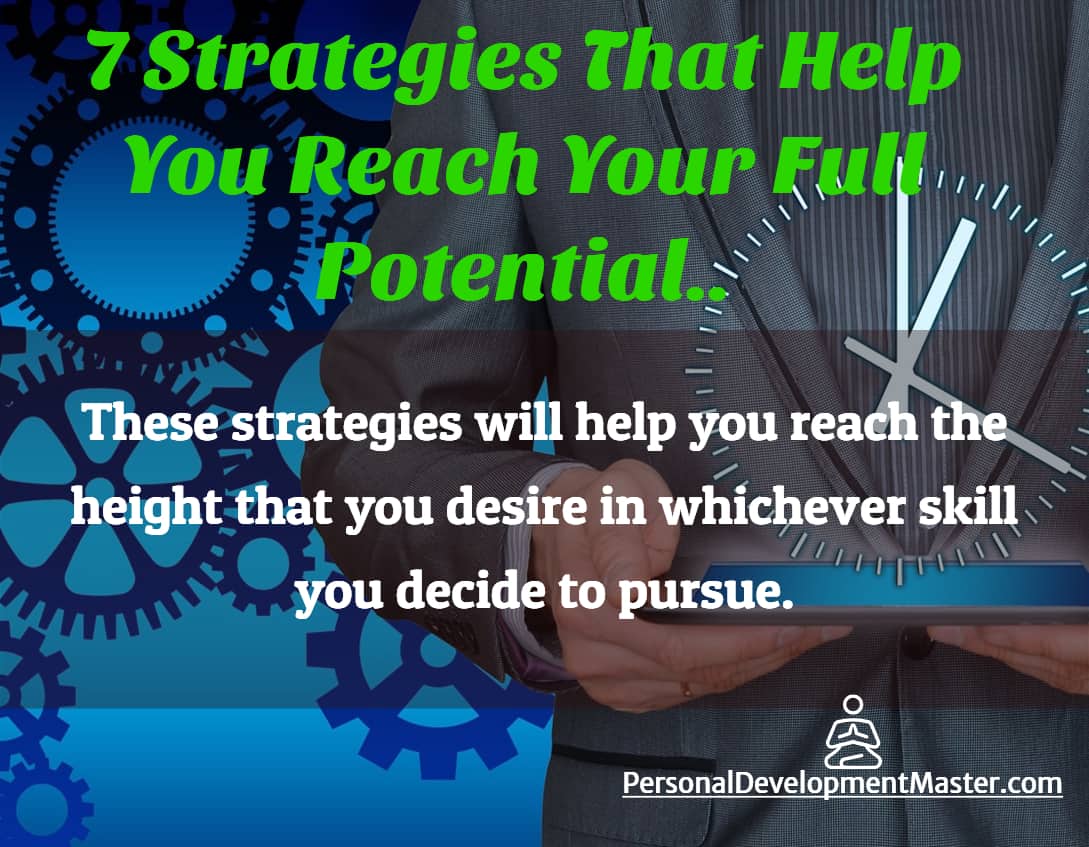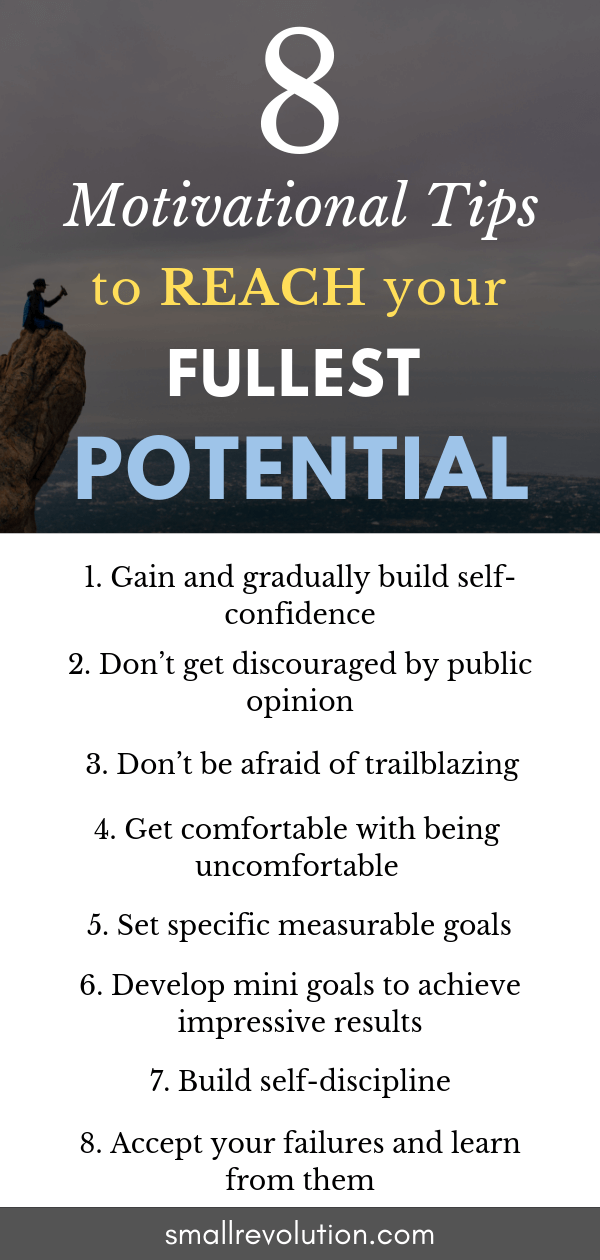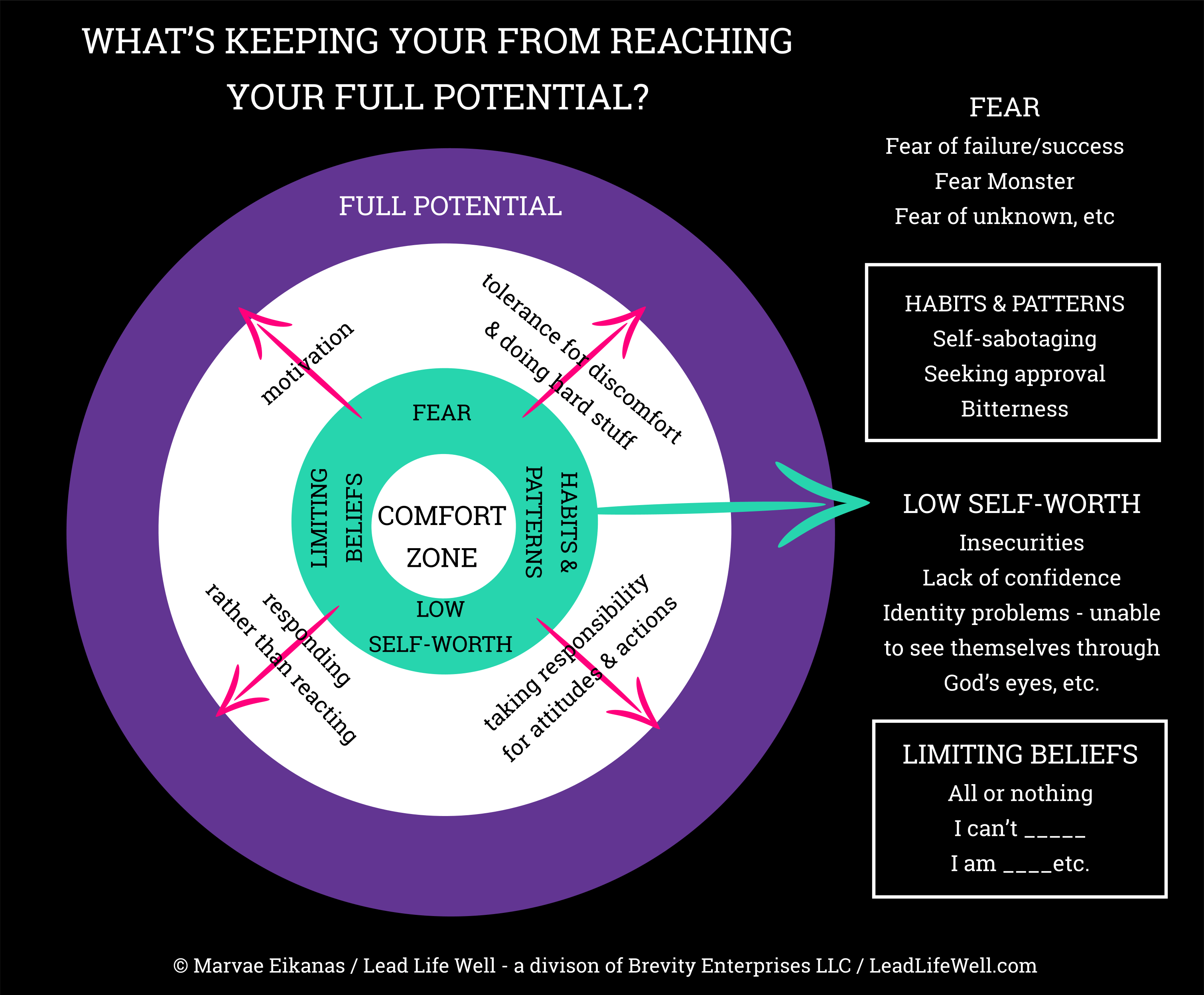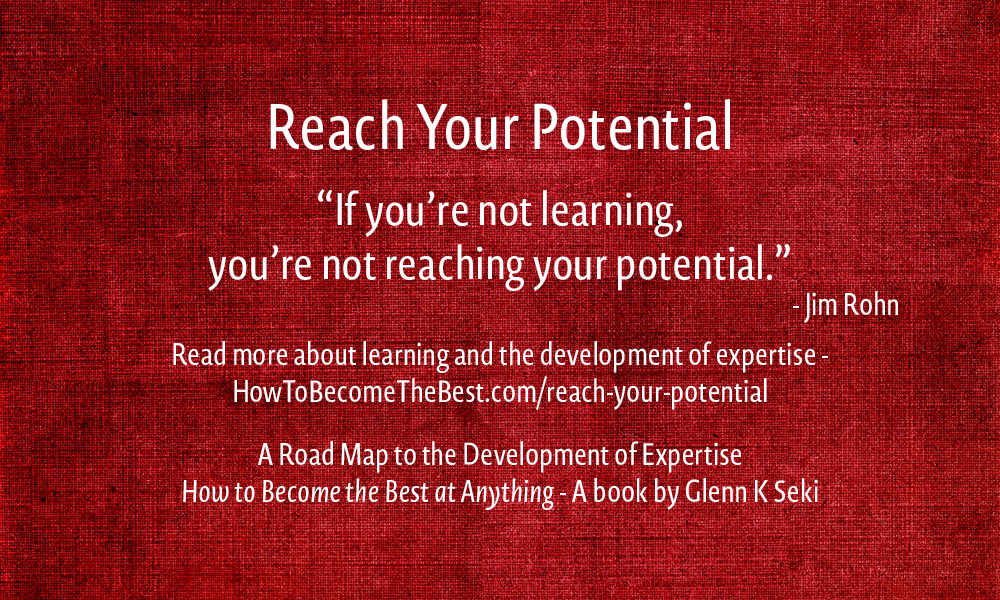How To Reach Your Potential At Work

Many professionals find themselves in a career plateau, feeling unfulfilled and far from reaching their true capabilities. The ambition to excel is often overshadowed by daily routines, unclear goals, and the overwhelming pressures of modern work environments. But breaking through this barrier and unlocking your potential isn't a matter of luck—it's a strategic process involving self-awareness, skill development, and proactive engagement.
This article delves into practical strategies for professionals seeking to maximize their impact and job satisfaction. Drawing on expert insights and organizational data, we explore actionable steps to cultivate skills, build networks, and navigate workplace dynamics effectively. The goal is to empower readers with the knowledge and tools needed to not only survive but thrive in their careers.
Understanding Your Foundation
Reaching your full potential begins with a clear understanding of your strengths and weaknesses. Self-assessment is crucial. Consider taking personality tests, like the Myers-Briggs Type Indicator (MBTI) or StrengthsFinder, to gain valuable insights.
These tools, while not definitive, can highlight your natural tendencies and areas for improvement. The Harvard Business Review consistently emphasizes the importance of self-awareness in leadership development, suggesting regular reflection on performance and feedback.
Feedback from colleagues and supervisors provides another crucial perspective. Seek out constructive criticism and use it to identify blind spots and refine your approach.
Setting Achievable Goals
Vague aspirations rarely translate into concrete results. Setting SMART goals – Specific, Measurable, Achievable, Relevant, and Time-bound – is a cornerstone of professional development. These goals should align with both your personal values and your organization's objectives.
Break down large objectives into smaller, more manageable tasks. This fosters a sense of accomplishment and prevents feeling overwhelmed. Regularly track your progress and adjust your strategy as needed.
According to a study by the Society for Human Resource Management (SHRM), employees who actively participate in goal-setting are more engaged and productive. Engage with your manager to ensure your goals are aligned with the team and organizational strategy.
Continuous Skill Development
The modern workplace is constantly evolving, making continuous learning essential. Identify the skills necessary to excel in your current role and to advance to your desired position. This might involve technical expertise, communication skills, or leadership abilities.
Invest in training programs, workshops, and online courses to expand your knowledge base. Many organizations offer tuition reimbursement programs to support employee development.
Beyond formal education, seek out opportunities to learn from colleagues, mentors, and industry experts. Mentorship programs can provide invaluable guidance and support.
Building Strong Relationships
Career success is often intertwined with the strength of your professional network. Cultivate meaningful relationships with colleagues, supervisors, and industry peers.
Attend industry events, join professional organizations, and participate in online communities. Actively listen to others and offer your support and expertise.
As Adam Grant, author of "Give and Take," argues, building a reputation as a giver – someone who contributes to the success of others – ultimately benefits your own career.
Navigating Workplace Dynamics
Understanding the unspoken rules and power structures within your organization is crucial for navigating workplace dynamics effectively. Observe how decisions are made and who the key influencers are.
Develop your emotional intelligence to better understand and manage your own emotions and those of others. This includes empathy, self-regulation, and social skills.
Address conflict constructively and proactively. Seek to understand different perspectives and find mutually beneficial solutions.
Taking Ownership of Your Career
Ultimately, reaching your potential is your responsibility. Be proactive in seeking out opportunities, advocating for your ideas, and taking risks.
Don't be afraid to step outside your comfort zone and challenge yourself. Embrace new projects and responsibilities that will stretch your skills and expand your experience. Carol Dweck's research on growth mindset demonstrates that individuals who believe their abilities can be developed through dedication and hard work are more likely to achieve their goals.
Regularly evaluate your career path and make adjustments as needed. Consider seeking guidance from a career coach to help you clarify your goals and develop a strategic plan.
Looking Ahead
The journey to reaching your full potential is a continuous process of self-discovery, learning, and growth. By focusing on self-awareness, goal setting, skill development, and relationship building, you can create a fulfilling and impactful career. The future of work demands adaptability and a proactive approach to personal and professional development. Embracing these principles will empower you to thrive in an ever-changing landscape and achieve your aspirations.


















